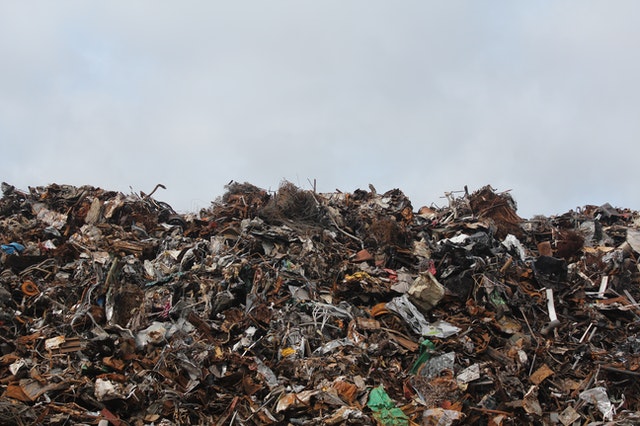Waste is a huge problem. For centuries, human beings have been throwing things away. In the post-industrial age, however, the problem has reached new heights. Consumer culture, global imports/exports and aggressive marketing have led us to the point where we are burying and burning rubbish at a completely unsustainable rate.

Developed countries produce a huge amount of waste. Britain alone produces around 330 million tons of waste every single year.
Of course, there has been some progress in reducing wastage. Recycling has been increasing in prevalence since the 1960s, and in the past few years a small dent has been made in the amount of waste produced. An entire industry has sprung up around recycling, with companies like balingwiredirect.com producing specialist products for use in the recycling process.
Unfortunately, even if we recycle 50 percent of all our waste, the net amount of rubbish will still be increasing due to the growth in consumption and ever-expanding population. Drastic measures need to be taken to avoid a crisis of unimaginable proportions. But what, exactly, do we throw away? Rarely do we take time to actually consider what materials we are casting off. Here are some of the items we chuck out in huge amounts.
Food
Food waste makes up a large proportion of non-recycled landfill. This must be especially frustrating for environmental campaigners, as food waste is usually a highly recyclable resource. Food waste is useful in agriculture where it is used for pig slop and energy production. A huge majority of waste food is just thrown in the bin and dumped into the ground.
Plastic
So much plastic waste is created in developed countries that they have begun exporting waste to other countries, which then dump it in landfill. The UK alone exports over 100,000 tons of plastic waste to Malaysia every single year. The USA is the biggest plastic waste exporter. Although plastic is a largely recyclable material, a high percentage of the long-lasting composite is simply trashed. It is a huge problem for the world as a whole.
Appliances
A cultural shift has occurred in the developed world in recent years. Instead of fixing appliances when they break down, we have been conditioned to use them until they break – throwing them away and purchasing new and updated models. This has been an absolute disaster for the environment. Appliances often contain chemicals that cannot be recycled or are made up of materials that cannot be separated into recyclable parts. Fridges, for instance, are extremely labor-intensive to recycle because of their chemical contents.
Metals
Metals have been recycled for thousands of years: the process for melting down weaponry to extract the metal, for instance, was practiced by ancient people. The fact that metal is easily recycled has not stopped humans dumping hundreds of thousands of tons of metal waste into the earth. Landfill sites are synonymous with the image of jagged metal waste sticking out like arcane battlements from beneath the earth.
